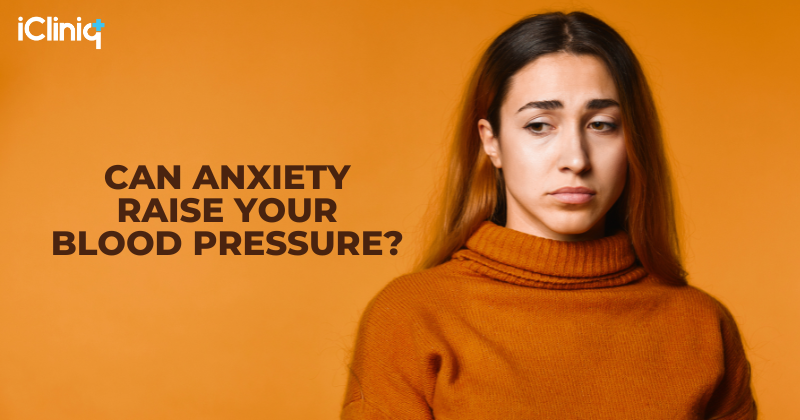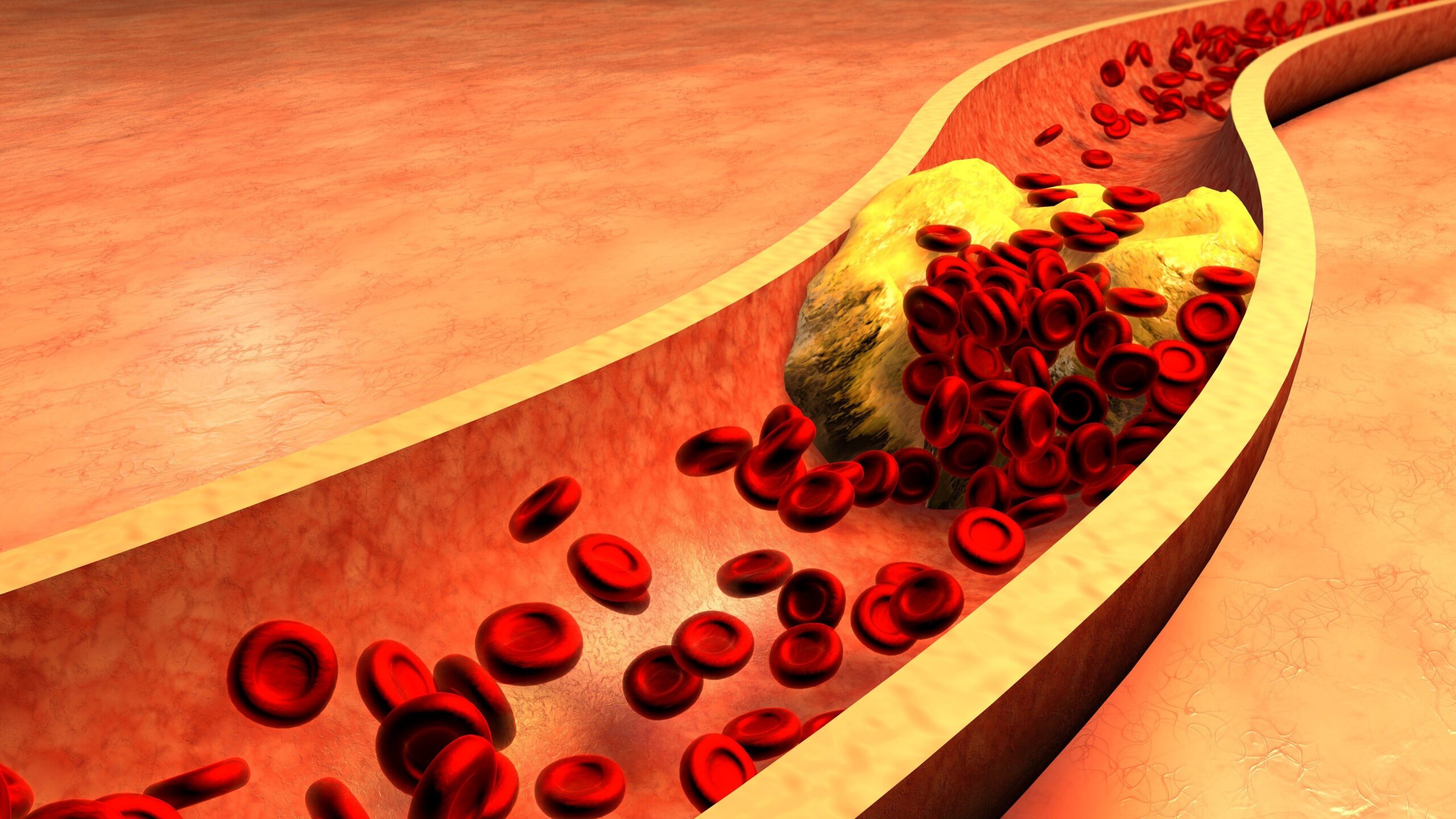It’s totally normal to feel anxious occasionally, but have you ever thought that your anxiety can affect your blood pressure? Understanding your conditions, symptoms, and most importantly, when to seek medical help. As we all know, high blood pressure can lead to severe health conditions. Let’s read more about it.
Blood vessels carry our blood all over the body from the heart and bring it back. Blood pressure is measured by the pressure exerted by the blood on the walls of the arteries. Basically, there are ways to measure blood pressure—Diastolic blood pressure and systolic blood pressure, defined as the pressure in the arteries between heartbeats and the pressure in the arteries during a heartbeat, respectively.
Normal blood pressure is 120/80 mmHg. A sphygmomanometer can diagnose high blood pressure, and if the reading is higher than usual after three or more readings, this confirms the diagnosis of hypertension.
If high blood pressure remains undiscovered, it can lead to some severe health conditions like heart attack, stroke, multiple organ damage, and problems related to the eyes.
The Link Between Anxiety and Blood Pressure
We have all been in a situation where we felt nervous butterflies in our stomachs, our hearts pounding, and that rush of adrenaline while presenting or performing in front of many people, besides these emotional or mental sensations. Your body can also release hormones like cortisol, increasing your stress levels, increasing your heart rate, and causing vasoconstriction, resulting in the elevation of blood pressure. It is usually temporary; the heart rate and blood pressure return to normal as you pass the situation.
There is a complex relationship between anxiety and high blood pressure. The spike is temporary but can lead to some severe damage, similar to chronic hypertension. Research studies are showing that the long-term effects of anxiety on vascular resistance increase, causing high blood pressure.
For people suffering from chronic anxiety, the sympathetic nervous system (part of the nervous system) is majorly active, increasing water and sodium retention, resulting in high blood pressure.
Patients with anxiety disorder are more likely to engage in substance abuse and poor lifestyle modification, which can lead to many reasons for high blood pressure.
If you or your loved one is suffering from anxiety, identify the symptoms so it is highly recommended to seek medical help.
Publisher: Source link










